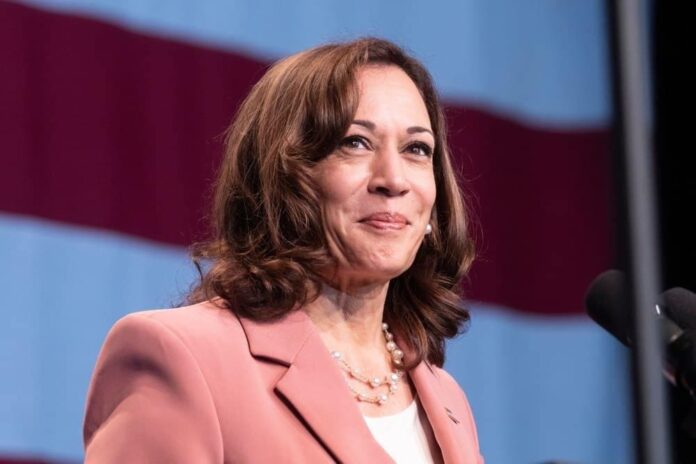Andreja Stojanovic
Though ignored for most of her tenure, Vice President Kamala Harris was propelled to the limelight when Joe Biden announced he would not be running for a second term and endorsed her as the Democratic Party nominee.
Given the Biden administration’s somewhat controversial plans and shortcomings it has been accused of – overspending and overborrowing possibly being the most frequent of examples – Harris’ plans for the economy and the taxes have rapidly come into sharp focus.
The Vice President has been, since her days as a California Senator, noted for being somewhat more progressive on a number of important issues than Biden, and has been a strong advocate for the middle class.
This is what a Harris tax policy may look like
Previously, Harris came out in support of an income tax increase from from 37% to 39.6% for the top 1% of earners and supported higher capital gains and dividend taxes.
Indeed, in 2019, she criticized the Trump administration’s approach as not being functional for the regular Americans. Harris has proposed a number of reforms, including a monthly tax credit of up to $500 for those making less than $100,000 per year.
On the other hand, she has also pushed for an additional 4% income-based premium for those making more than $100,000 as part of a scheme to fund ‘Medicare for All.’
Given these broad strokes of Harris’ approach to how the U.S. economy ought to be organized, it appears likely that her tax policy would follow a similar course to that of President Biden.
Kamala Harris and progressive taxation
Earlier in 2024, Biden’s plans to raise the maximum capital gains tax rate to a historic high of 44.6% and even implement an unrealized gains tax for the ultra-wealthy – generally reported as individuals whose net worth exceeds $100 million – affecting stock and cryptocurrency investments drew much attention.
In addition to likely upholding such programs, Harris could go even further when it comes to progressive taxation. She has been noted for her pushing of a corporate tax rate of 35% – significantly higher than the 21% under Trump’s Tax and Jobs Cut Act, and higher than Biden’s proposed 28%.
Finally, a Harris administration could also lead to significantly higher estate taxes for the very rich as, back in 2019, she argued for raising them in order to pay for a $300 billion plan to increase teachers’ pay – a program that would lead to teachers getting an average raise of about $13,500.
